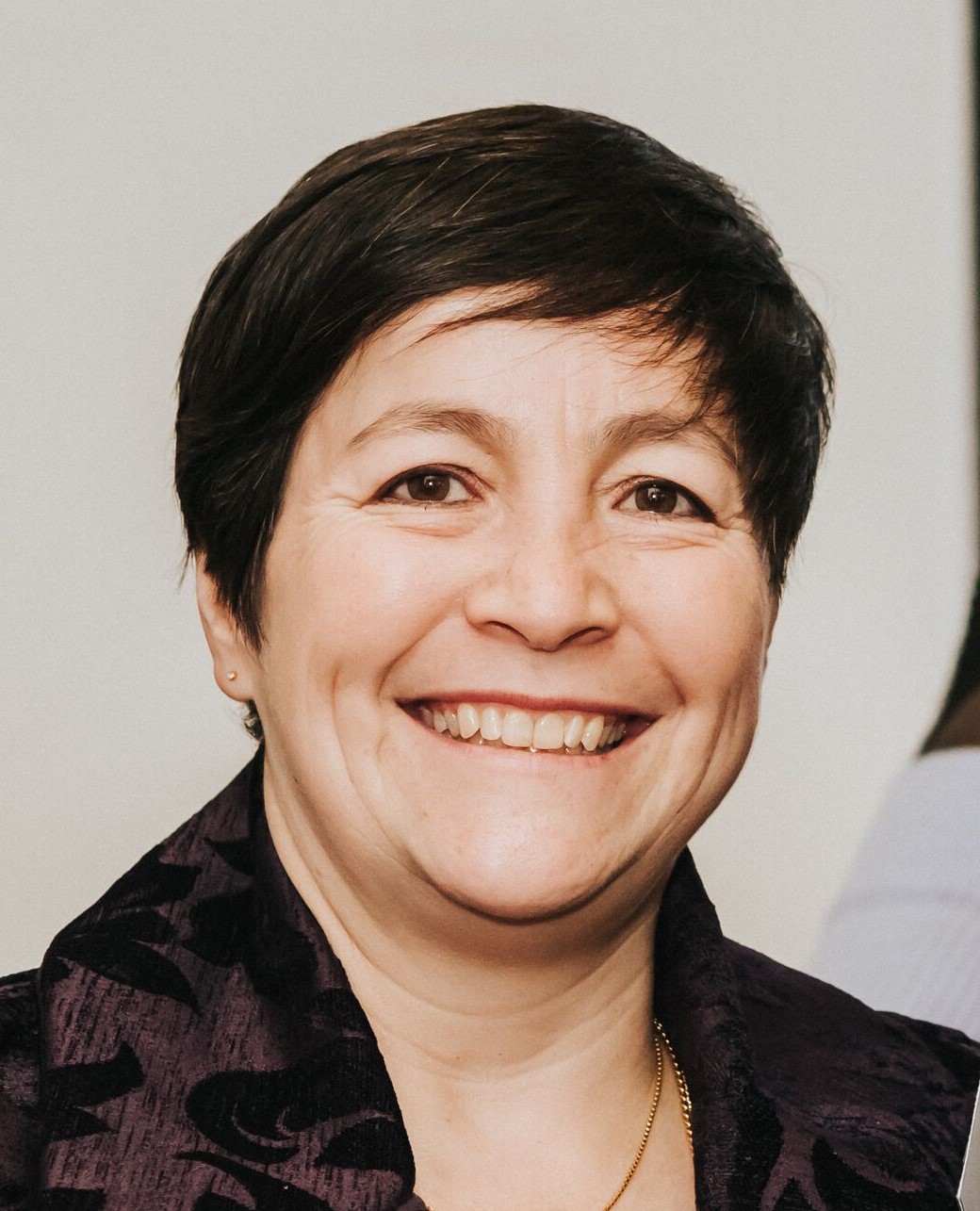AMA Victoria strongly supports a gender equal world and medical profession. In our International Women’s Day profile series, we’re introducing you to some of our dedicated current and future medical leaders.
Introducing: Dr Desiree Yap
What is your current role in medicine?
I am a specialist obstetrician and gynaecologist currently practising only gynaecology clinically. I have a Master of Public Health and like to apply this in a wider context when I have the opportunity.
Why did you choose to study medicine?
My mother tells me I announced at the age of three that I wanted to be a doctor. I suspect that is because my younger sister, who had a ‘Trisomy D’, died at one month of age. As was the advice in those days, my parents rapidly ‘replaced’ her with another baby – my brother – who was born more or less 12 months later. Both her obstetrician, Dr Lorna Lloyd Green, and her paediatrician, Dame Kate Campbell, were women, so I guess I knew women could be doctors. They were both helpful and kind during a traumatic time for my parents and were adored, in particular, by my mother. (As an aside, I am told the nurse also fed me chocolate biscuits whilst I waited for Mum’s check-ups – so clearly there was a lot going for being a doctor!)
I don’t remember considering any other career much. The concept of being of service to others was also a deeply instilled family value, as was having secure employment, so I am sure my interest was fed and watered. However, I always remember being fascinated by science and the workings of the human body.
What is the best part about your work?
I like helping others and I like solving problems. Medicine gives me the opportunity to do both. I am fascinated by physiology and patho-physiology – particularly in humans – and I like making people better or otherwise making traumatic events a bit easier. I like both the art and the science of medicine. I am rarely bored by my job.
What is the hardest part about your work?
Breaking bad news is of course always difficult, although one gets better with practise. Not being able to fix people is also difficult, as is not meeting patients’ expectations. It can also be hard to ‘turn off’ and walk away from conundrums and there is always more paperwork to be done!
If you were Health Minister for a day, what changes would you make to the health system?
This is a question worthy of a PhD! Our health system is fundamentally one of the world’s best in my view. It matters what the public want to spend on their health system and it matters how the health dollar is distributed and how accountability for that spend is measured. Personally, I think there is a lot of focus on inputs as they are easy to measure, despite outputs and outcomes actually being what makes a service valuable.
I would not want to know how many people came in the door today and had a service; I would want to know how many times each person had come through the door with the same problem and have a measure of what it took to solve their problem. Sorting a way to measure the efficiency and quality of a service by how few visits were required to solve health problems, and the qualities required of a visit to optimise outcomes, would be valuable. This is particularly important where disease is complex or chronic.
Do you have any advice for others pursuing a career in medicine?
Medicine is a great career, but you have to like it. You also have to love learning as it will (or should) never stop. To practise it well is demanding and consuming. It is essential to have a love of both people and basic sciences to be able to survive training and to continue to enjoy medicine.
What do you enjoy doing away from medicine?
When not at work I enjoy travelling and spending time with family and friends, as well as listening to music, reading and eating. More recently I have taken up playing masters hockey (after a 15-20 year break) and have discovered I still love playing – even though I am a lot older and creakier!
As I get older, I like just being quiet at home a lot more – something I could never have imagined when I was younger. I love things that involve a sense of adventure – whether it is places, food or experiences in general. I hope that once I get to retire (which isn’t planned for the foreseeable future) that I won’t be too arthritic to get back to playing the piano and violin, something I gave up when specialist medicine took over my life and then I added children into the mix!

